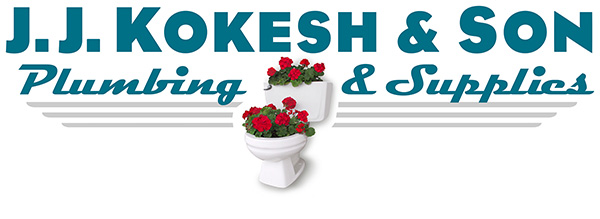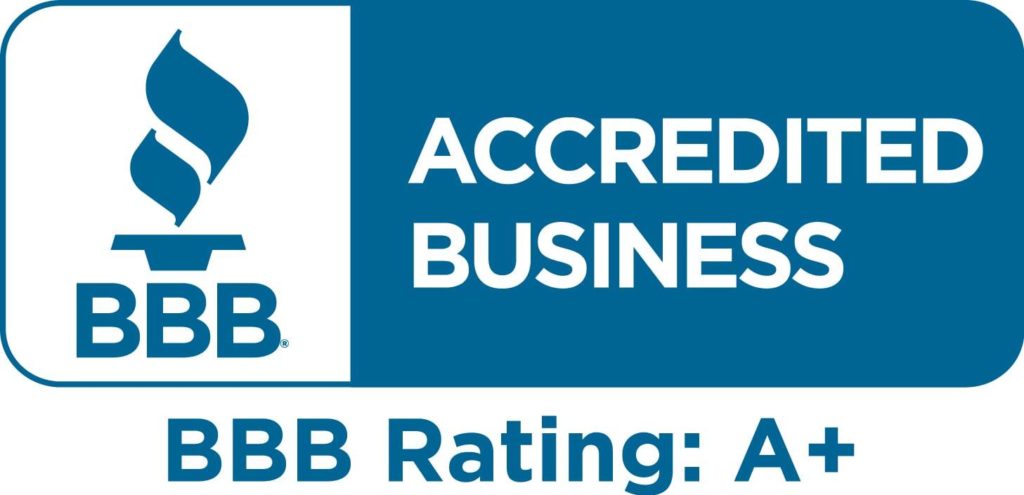Pilot Light Out? How to Safely Relight Your Water Heater and When to Call a Plumber
Have you ever suddenly noticed that you don’t have cold water throughout your home, only to find that your water heater pilot light has gone out? Kokesh Plumbing understands how that feels and would like to offer some steps that you can take to see if you can get your pilot light back up and running.
If your gas pilot light goes out, here’s what to do, starting with making sure that you put safety first:

1. Detect Gas Leaks:
- Smell for gas: Natural gas has a distinct “rotten egg” odor. If you smell gas, do not attempt to relight the pilot light.
- Turn off the gas supply to the appliance.
- Leave the house immediately.
- Do not turn on or off any electrical switches, lights, or appliances, as this could create a spark.
- Once you are in a safe place, call Spire to get them out to check the gas out in your home.
- No gas smell: If you don’t smell gas, you can proceed to try and relight it.
2. Wait 5-10 Minutes:
Even if you don’t smell gas, it’s a good practice to turn the gas control valve to the “OFF” position (if applicable) and wait at least 5 to 10 minutes for any residual gas to dissipate.

3. Locate the Pilot Light and Instructions:
- Consult your appliance’s manual: This is the best source for specific instructions on how to relight your particular water heater, or other gas appliance. The instructions are often also affixed to the inside of the burner compartment door.
- Find the pilot light: It’s usually a small tube or opening near the main burner.
4. Relighting the Pilot Light (General Steps):
- Turn the gas control knob to “PILOT”: This allows a small amount of gas to flow to the pilot light.
- Press and hold the reset button (if present): This manually opens the gas valve to the pilot.
- Ignite the pilot light: While holding the reset button, use a long lighter or a long match to ignite the pilot. Hold the flame to the pilot opening until you see a steady blue flame.
- Continue holding the reset button: Once the pilot is lit, continue to hold the reset button down for 20-60 seconds. This allows the thermocouple (a safety device that senses the pilot flame) to heat up and generate enough electrical current to keep the gas valve open.
- Release the reset button: Slowly release the reset button. The pilot light should remain lit. If it goes out, repeat the process.
- Turn the gas control knob to “ON”: Once the pilot light is burning steadily, turn the gas control knob to the “ON” position. Your appliance should now be ready to operate normally.
- Replace access panels: Secure any panels you removed.

Why Pilot Lights Go Out (and When to Call a Kokesh Plumbing):
If your pilot light keeps going out, or you’re unable to relight it, there’s likely an underlying issue that requires professional attention. Common reasons include:
- Faulty or dirty thermocouple: This is the most common culprit. A dirty or malfunctioning thermocouple won’t sense the flame, causing the gas valve to close as a safety measure. Kokesh Plumbing can clean or replace it.
- Clogged pilot gas tube/orifice: Dirt or debris can restrict the gas flow to the pilot, causing a weak flame that easily extinguishes.
- Drafts: Strong air currents or drafts around the appliance can blow out the pilot light. Check for open windows, doors, or issues with your venting.
- Faulty gas valve/pilot control: The valve that controls gas flow to the pilot can malfunction.
- Gas supply issues: There might be an issue with the gas pressure to your home or appliance. If multiple gas appliances are affected, call Spire.
- Condensation: In some cases, water dripping from condensation can extinguish the pilot light.
- Air in the gas line: This is less common but can prevent the pilot from staying lit.
When to Call a Kokesh Plumbing:
- You smell gas. (Always the top priority!)
- The pilot light won’t relight after several attempts.
- The pilot light lights but keeps going out.
- The flame is weak, flickering, or yellow/orange (a healthy pilot flame should be blue). This can indicate incomplete combustion and potentially carbon monoxide.
- You’re unsure or uncomfortable with any step of the relighting process.
- Your appliance is old and you suspect a faulty component.





















